Adult acne : Why It Occurs & How To Prevent It
Adult acne is a skin problem that you can face between the ages of 40 to 50. So how do identify that you have adult acne? The first sign of adult acne is that it will appear in your C-Zone. Adult acne presents itself as a tenderness that can start 5 to 7 days before you see an actual pimple on the skin. It gets really red and painful. It may not even become a pustule like teenage acne and just remain there for quite some time, hurting you, and then subside leaving behind a dark mark.
Why do you get adult acne?
Hormonal fluctuation is the culprit. It can be stress related as well. Other signs of hormonal fluctuation include breast tenderness, your menstrual cycle going all haywire, and abnormal hair growth on your chin and other facial areas. Then you know that there’s something wrong going on with your hormones. It is usually sporadic.
Alterations in the level of female and male hormones can lead to stimulation of sebaceous glands and hair growth on your face. You might also notice some on your back and chest. These hormones also reduce BMR which increases your tendency to put on weight around your belly. What happens is this—your excess female hormones are converted into male hormones in the peripheral fat which further harms the skin and affects the metabolism of body fat.
The other factor that can trigger adult acne is your thyroid. If you have a family history of thyroid abnormality or going through a stressful situation, then you have higher chances of sprouting pimples. Both these situations can be brought under control, all you need to do is visit your endocrinologist.
Hair and skin care products: If you have adult acne, you should read the labels on your skin care and hair care products. Make sure that you see one of the following terms on every container:
- Non -comedogenic
- Non-acnegenic
- Oil free
- Won’t clog pores
You want to make sure your moisturizer, cleanser, sunscreen, and all other products contain one of these terms. These products are least likely to cause acne.
Medication side effect: Acne is a side effect of some medicines. If you suspect that a medicine is triggering your acne or making it worse, continue taking the medicine — but talk with the doctor who prescribed it. Ask if acne is a possible side effect. If acne is a possible side effect, ask if you can take a different medicine. If you cannot take another medicine, you may want to see a dermatologist who can help you control the acne.
How to prevent it:
You could simply start off with yoga and exercise to make sure that happy hormones are released. It can go a long way in calming you from the inside which then shows on the outside.
At home, start regulating your skincare regime—pick a face wash that matches your needs, regulate your night cream, and check your sunscreen. Start your at-home care with a Salicylic Acid or Benzoyl Peroxide cream. Eat a balanced diet with anti-inflammatory ingredients. You can also take oral anti-inflammatory medication, EFA, and antioxidants.


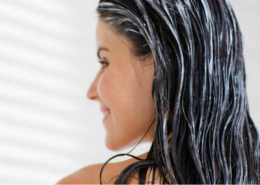

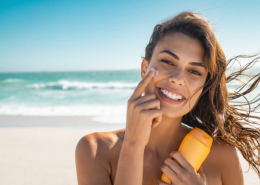
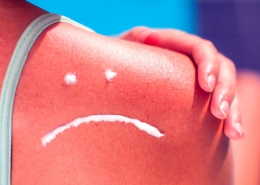




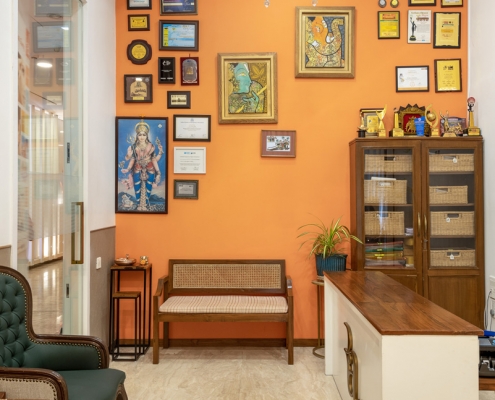

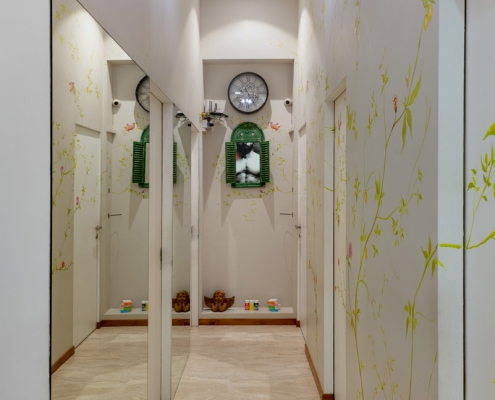


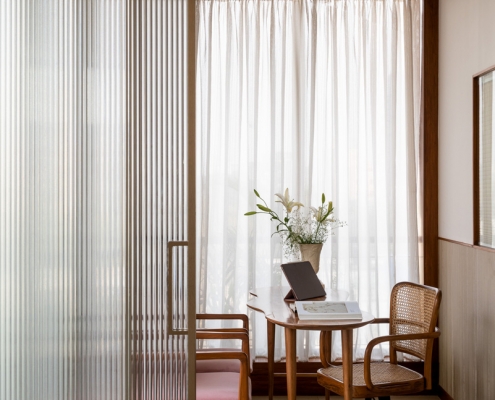


Leave a Reply
Want to join the discussion?Feel free to contribute!